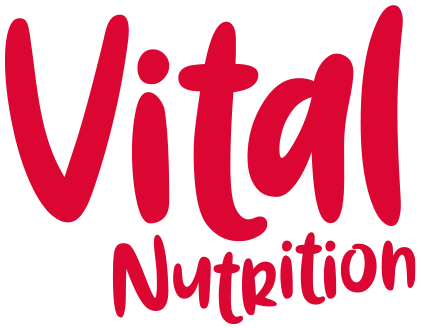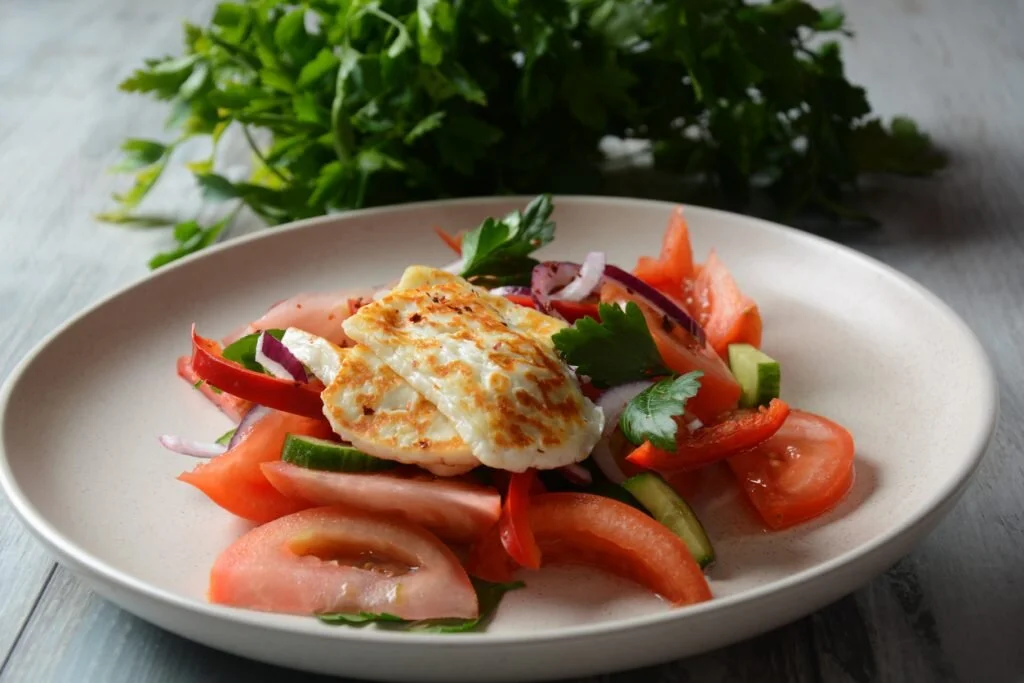Try these handy tips on exercise nutrition
Whether you are exercising for health, have a fitness goal in mind, or it is simply a way of breaking up your day, exercise nutrition, what (and when) you eat can help enhance your fitness and training goals.
No matter whether it is walking, running, cycling or Zoom fitness classes, daily exercise has become an important part of our daily routine whilst we have been hibernating in lockdown.
Striking the right balance can help optimise weight loss, support recovery and make sure you get the most form your workouts.
I think it is fair to say that exercise is as important for our mind and mental wellbeing as it is for our body and physical health. In these uncertain times, it can really help lift our mood, manage stress and make us feel good. Pair the feel-good effects of daily exercise with a healthy, balanced diet and we have the makings of a healthy body and mind.
Get the basics right
When it comes to exercise nutrition there are a few key things to remember:
1 Eat enough:
Don’t be tempted to cut right back on calories, as your body needs enough energy to allow you to train effectively and efficiently. It is more important to think about where your calories come from, as each macronutrient has a different function in the body. As a basic rule of thumb that will help you to include a healthy balance of macronutrients at each meal, aim for:
About a palm size portion of protein + a fistful of slow-release carbohydrates + a couple of handfuls of vegetables = the basic building blocks of a healthy lunch or dinner.
Add some form of healthy fats like nuts, seeds, olive oil, oily fish or avocado in there too.
Good protein sources include eggs, meat, fish, chicken, nuts, seeds, pulses, natural or Greek yoghurt, houmous, feta or cottage cheese.
When choosing your carbs, opt for low-GI, slow-release versions like porridge, brown rice, wholemeal pasta, wholegrain bread, oatcakes, etc.
2 Keep well hydrated:
Just because you are exercising more, doesn’t mean you need to spend money on expensive isotonic drinks or hydration packs. Just drink enough water – a couple of litres a day is ideal. Add flavour with sliced fruit, some mint leaves or cucumber slices. If you really need to, then add a dash of cordial, but get one that is free from artificial sweeteners like aspartame if you can.
3 Eat within an hour after exercise:
This will help your body to replenish your glycogen stores, or energy stored in your muscles. Make sure you have a healthy balance of protein, fat and carbohydrates for optimal restore and repair.
So how does this all translate into a healthy diet?
Here are some ideas:
Breakfast:
Porridge with nuts, seeds and fresh fruit
Wholemeal toast with scrambled eggs, some spinach and a grilled tomato
Greek or natural yoghurt with berries, low sugar granola and seeds
Lunch:
Salad bowl with rocket, tomatoes, avocado, peppers, grated carrot, some fish, chicken or houmous and oatcakes
Open sandwich with lots of salad, some feta and falafels
Wholegrain couscous or quinoa salad with roasted vegetables and haloumi
Dinner:
Homemade curry with chickpeas and vegetables, served with brown rice
Salmon with boiled new potatoes and a big colourful salad
Stir fry – whole-wheat noodles, lean meat, tofu or prawns and vegetables
Snacks:
Fruit with some nuts
Vegetable sticks with houmous
Greek yoghurt
Oatcakes with sugar-free almond or peanut butter
This blog post first appeared as my column in The Irish News on Saturday 16 May 2020.

